Highlights:
- Alice Cooper releases The Revenge of Alice Cooper on 25 July with original band members
- First full studio album together since 1973’s Muscle of Love
- Features a posthumous appearance by late guitarist Glen Buxton
- Includes 16 tracks with lead singles Black Mamba and Wild Ones
Rock’s most theatrical villain is staging his most surprising resurrection yet. At 77, Alice Cooper has reunited with the original lineup of his namesake band for The Revenge of Alice Cooper, their first full studio album together since 1973. Released on 25 July, the album marks a powerful comeback that revives their signature ‘70s shock-rock sound while delivering fresh energy for longtime fans.
The new 16-track album reunites Cooper with surviving bandmates: rhythm guitarist Michael Bruce, bassist Dennis Dunaway, and drummer Neal Smith, in what many are calling a long-overdue return. Notably, the album also features a posthumous guitar solo by Glen Buxton, the band’s original lead guitarist who passed away in 1997.
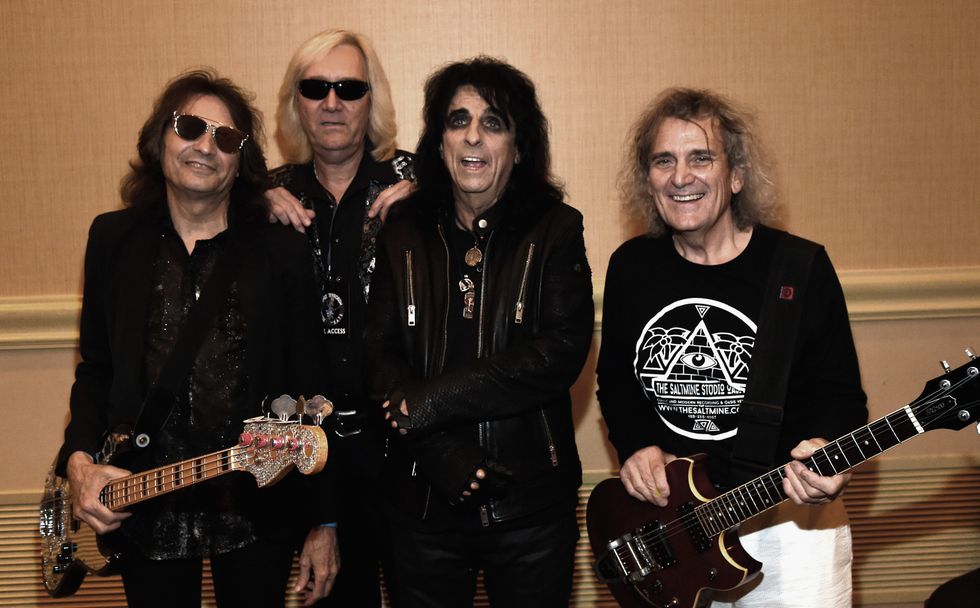
What is The Revenge of Alice Cooper about?
The album is a return to the macabre, theatrical storytelling that made the band legendary in the early 1970s. Produced by Bob Ezrin, a longtime collaborator behind hits like School’s Out and Billion Dollar Babies, The Revenge of Alice Cooper leans into gothic glam, vintage horror tropes, and guitar-heavy anthems.
The tracklist includes songs like Wild Ones, a fast-paced throwback co-written by Dunaway, and Kill the Flies, which echoes the madness of The Ballad of Dwight Fry. The band also pays tribute to their past with What Happened to You, which features unreleased guitar parts recorded by Buxton before his death.
- YouTube youtu.be
Who plays guitar on the new Alice Cooper album?
While Buxton’s legacy looms large, new lead guitarist Gyasi Heus fills the void with raw garage rock energy that honours Buxton’s original style. Though not as wild-eyed, Heus holds his own, especially on standout tracks like Up All Night and Black Mamba, the latter of which features a cameo by The Doors’ Robby Krieger.
Ezrin’s production ensures the album sounds as gritty and layered as the band’s early catalogue, combining slick musicianship with theatrical storytelling, a formula that influenced acts like Kiss and David Bowie.
- YouTube youtu.be
How does Alice Cooper reflect on his career and legacy?
Speaking ahead of the release, Cooper said the band chemistry “felt exactly the same” despite the decades apart. “We accidentally made a 1975 album,” he joked. Known for playing the villain onstage, Cooper also revealed a personal side: a golf-loving grandfather and preacher’s son who’s been sober for 42 years.
“I wanted Alice to be terrifying,” he said, “but I didn’t mind if he slipped on a banana peel.” He also credited his wife of nearly 50 years, Sheryl, for helping him get clean. “She still plays Marie Antoinette on stage, still dances better than any 20-year-old.”
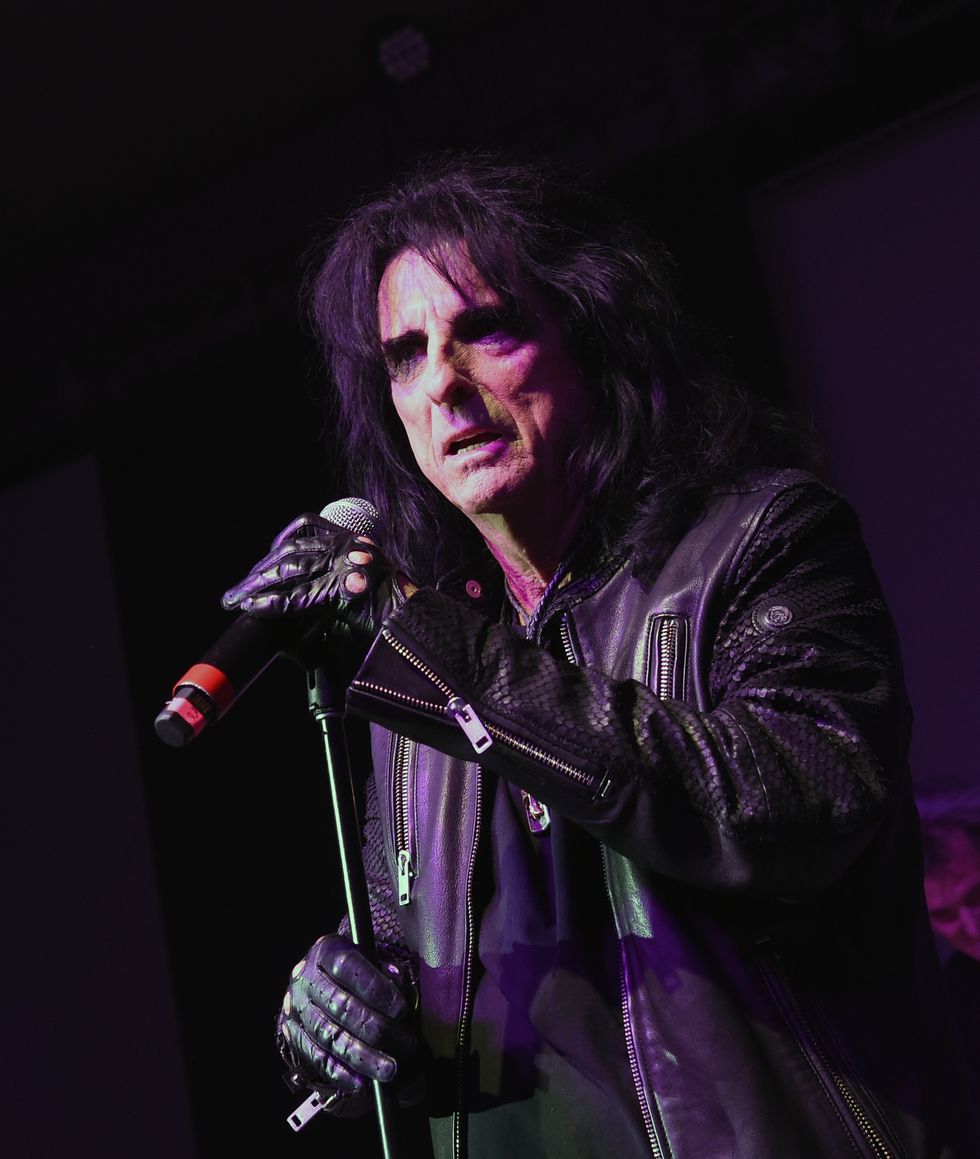
Why is The Revenge of Alice Cooper trending now?
Interest in legacy rock acts has surged in recent years, with nostalgia driving record vinyl sales and older artists dominating festival lineups. The return of Cooper’s original band taps into that demand, offering not just a revival but a fresh reminder of their cultural imprint.
From teenage misfits to rock trailblazers, the Alice Cooper Group’s comeback album bridges past and present. As Cooper puts it on the album’s closing track, See You on the Other Side: “I know someday we’re gonna play together again.” After half a century, that day has finally come.
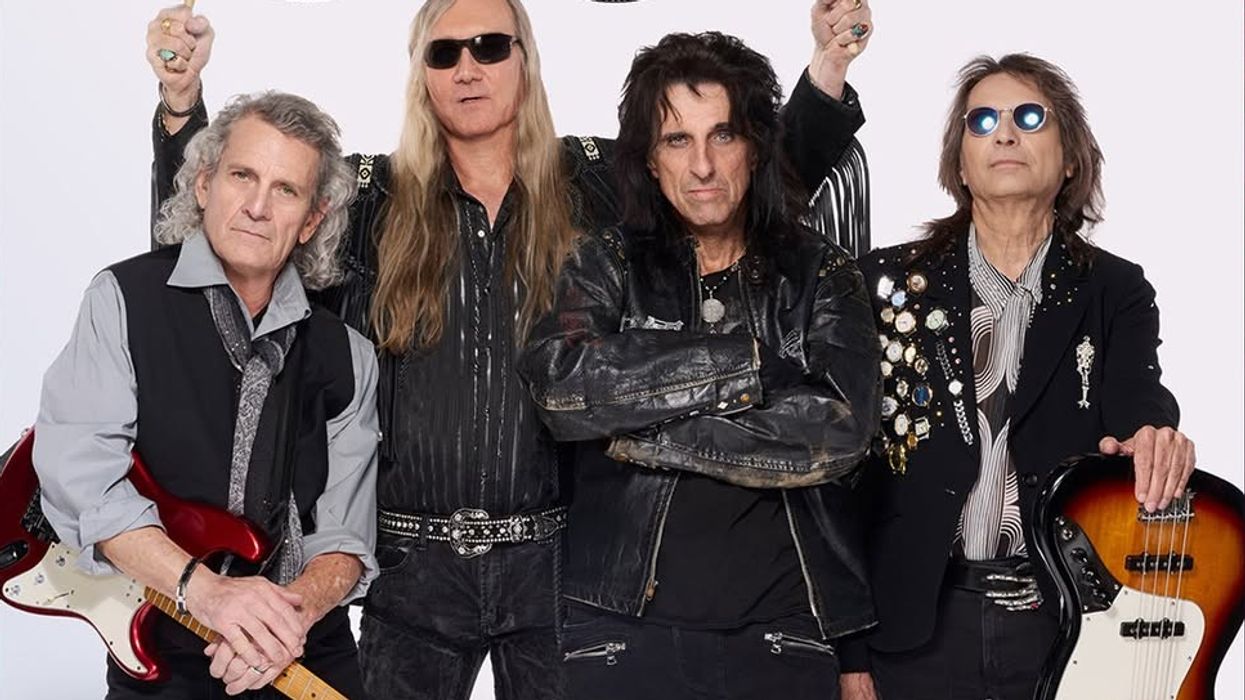






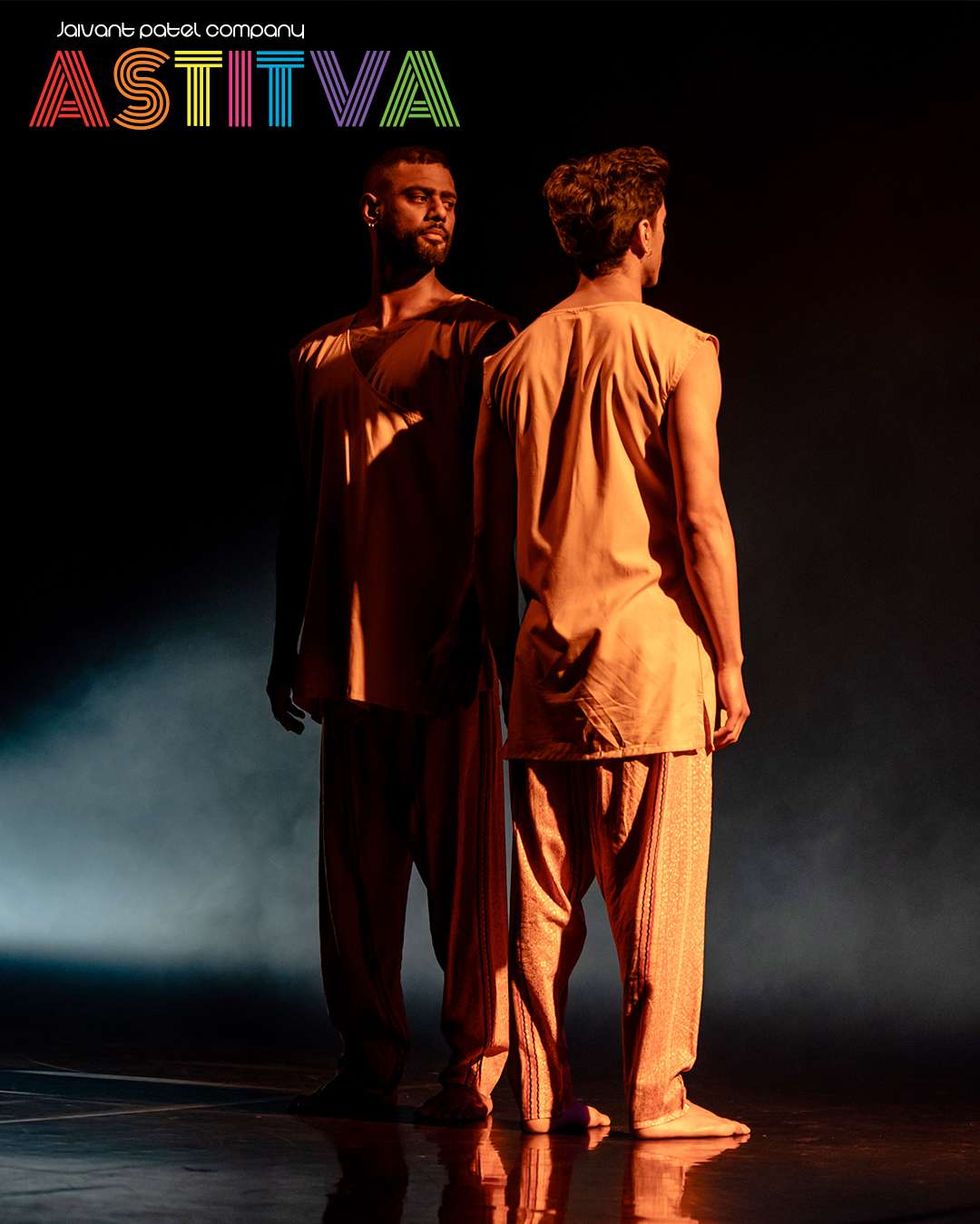 'ASTITVA' pushes back against old stereotypes, choosing to focus on joy and celebration instead of struggle Instagram/jaivantpatelco
'ASTITVA' pushes back against old stereotypes, choosing to focus on joy and celebration instead of struggle Instagram/jaivantpatelco 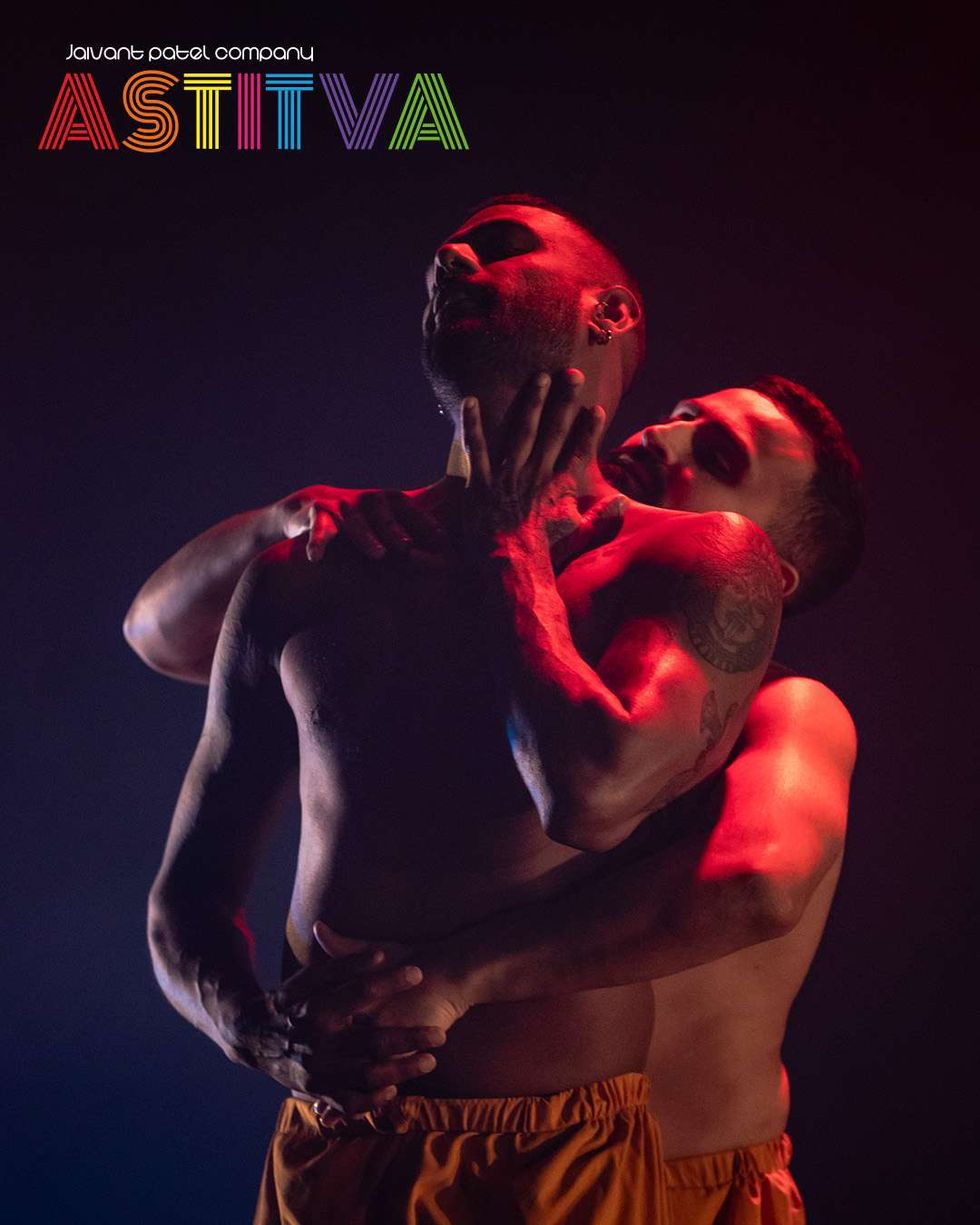 ASTITVA celebrates queer South Asian stories through movement
ASTITVA celebrates queer South Asian stories through movement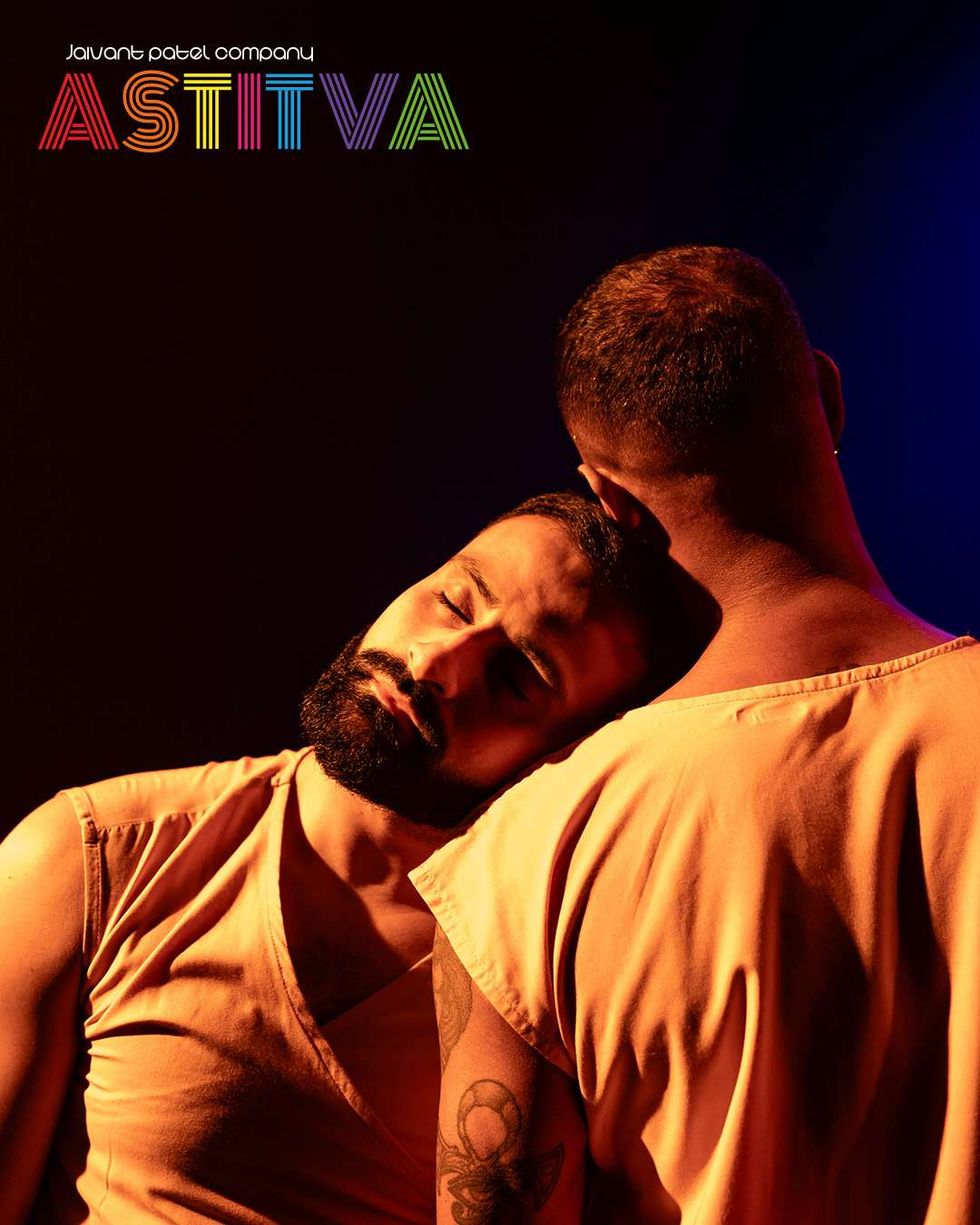 A journey of seeking, desire, acceptance, and love in ASTITVA
A journey of seeking, desire, acceptance, and love in ASTITVA Breaking stereotypes, ASTITVA focuses on empowerment and self-expression
Breaking stereotypes, ASTITVA focuses on empowerment and self-expression ASTITVA is a contemporary celebration of queer South Asian life
ASTITVA is a contemporary celebration of queer South Asian life






